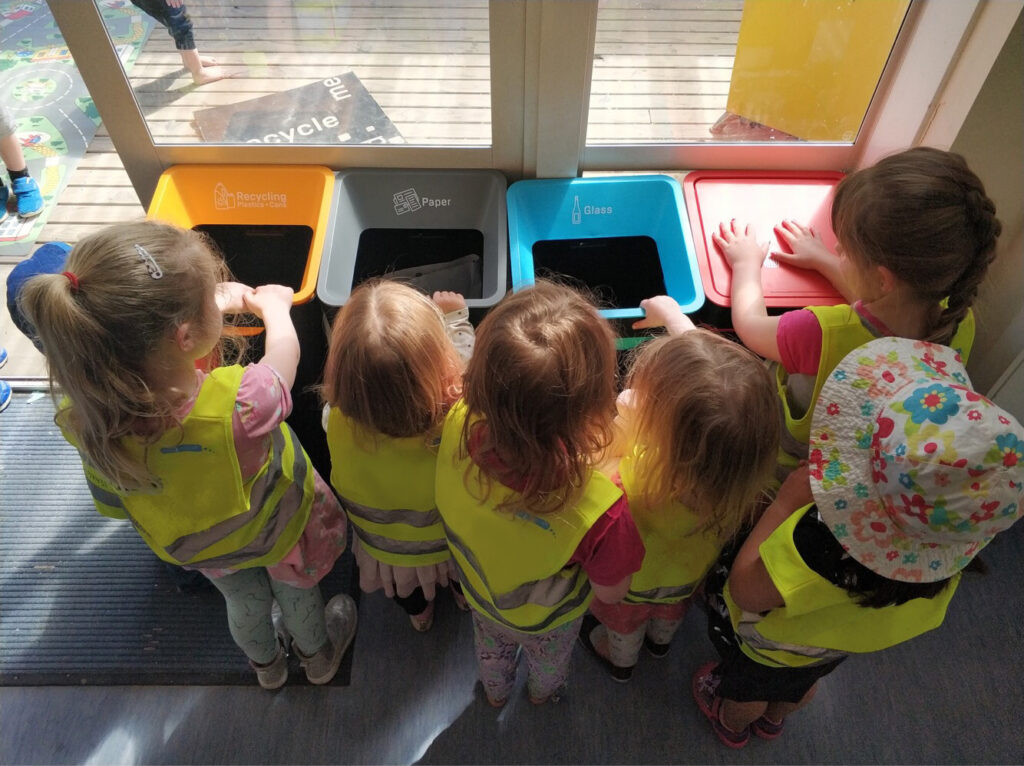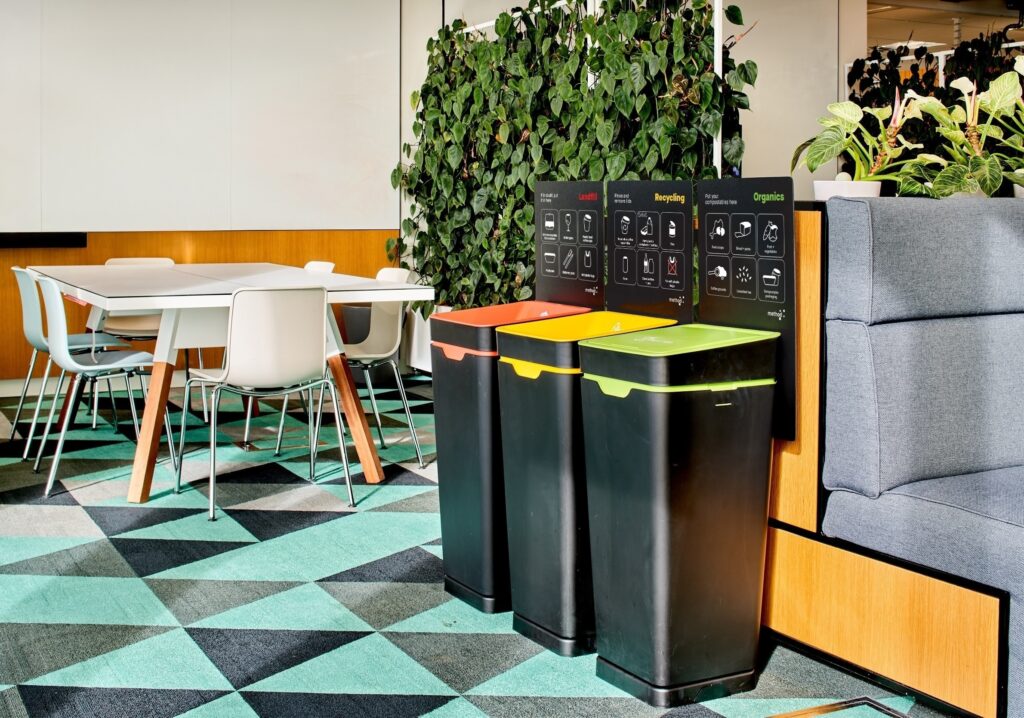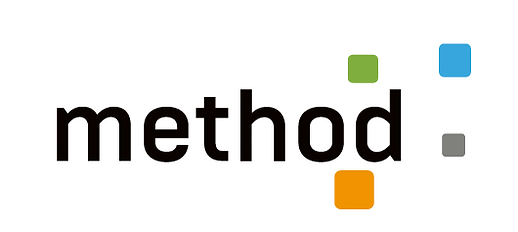Method Recycling: Hands-on Approaches to Get Students Involved
Educating children on the importance of recycling in schools as part of the curriculum acts as a testbed for behavioural change. Incorporating environmental issues into the early stage of education can foster environmentally responsible behaviours and provide a strong foundation for more sustainable societies. Therefore, primary schools represent an opportunity to inspire behavioural change at an early, more impressionable age; these behaviours are likely to flow into homes to fulfil the nation’s promise of achieving ambitious waste reduction and recycling rates. The following can be easily incorporated into the school curriculum.

Science, environmental studies and math: Hands-on classroom and school-wide waste audits that engage students in identifying waste sources and solutions, the lifecycle of materials, and the impact of landfill versus composting. Rethink Waste and Sustainability Victoria have waste audit tools developed specifically for schools to help students understand and improve their school’s environmental impact.
Art and design: Upcycling projects, poster campaigns, creative reuse of materials. Even something as simple as encouraging students to use both sides of the paper.
Social studies and ethics: Global waste challenges, cultural perspectives on waste management, environmental justice. Cheng and Monroe (2012) and Soga et al. (2016) found that the more young children were exposed to nature (even vicarious experience of nature, such as through photographs), the more emotionally attached they were to nature, which led to more Pro Environmental Behaviours.
Recycling monitors and green teams: Student-led initiatives for waste sorting and composting programmes that include compost bins or worm farms.

Field trips and guest speakers: Hartley et al. (2015) investigated a domain-specific (marine litter) interactive educational program and concluded that children were afterwards significantly more concerned about the environment and reported more Pro Envirionmental Behaviours (recycling and appropriate litter disposal)—Organise visits to recycling centres, or organisation participation in beach or wildlife area clean-ups. Invite local waste management experts to speak in the assembly or the classroom setting.
Raise awareness towards wasteful packaging: Many Australian schools encourage “nude food” practices with the intent of encouraging students to avoid bringing in individually wrapped snacks and to bring a reusable lunchbox with unwrapped food instead.
Curious how recycling can transform your whole school culture?
Learn how simple steps can reduce waste, raise awareness, and empower students – read more here.
0477 630 220

